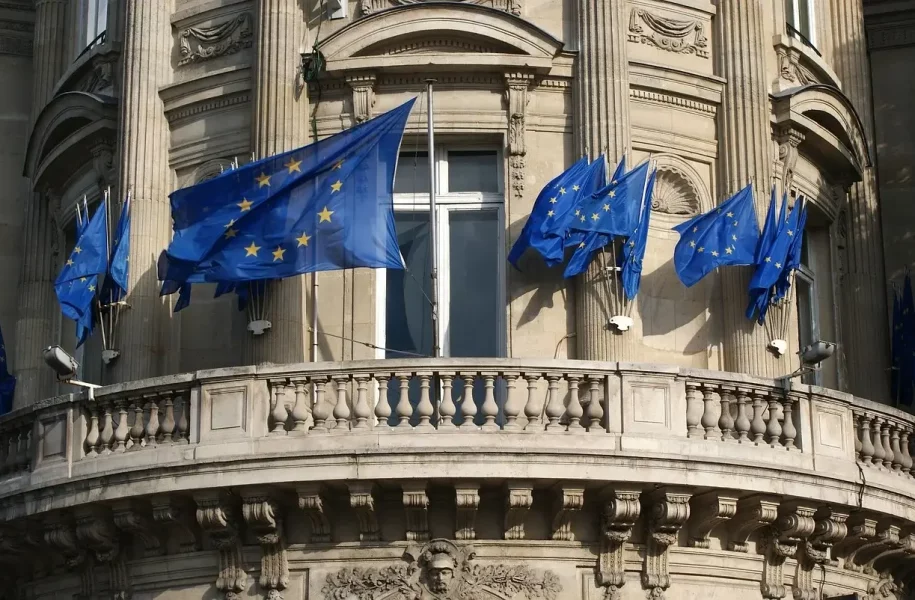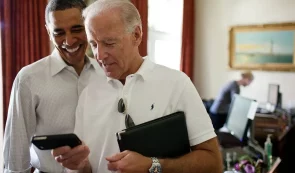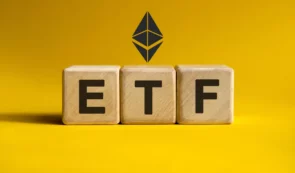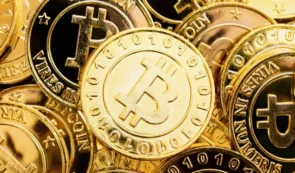ECB Pauses Rate Hikes as Europe’s Economy Faces Challenges

The European Central Bank has paused its recent series of interest rate increases in response to concerns about the eurozone economy.
In a move that had been widely anticipated in financial markets, the ECB decided to keep its key policy rates unchanged for the first time in over a year, halting a series of 10 previous rate hikes aimed at addressing rising living costs.
Despite inflation remaining above the ECB’s 2% target, there is growing worry about the impact of these rate hikes on European economies, particularly with warnings of a potential recession in the eurozone, led by a downturn in Germany’s manufacturing sector.
Christine Lagarde, the ECB president, stated, “The economy is likely to remain weak for the remainder of this year. But as inflation falls further, household incomes recover, and demand for euro area exports increases, the economy should strengthen in the coming years.”
Lagarde also expressed concerns about the global economy’s weaker growth, citing risks associated with geopolitical tensions, including the Israel-Hamas conflict.
The key deposit rate remains at 4%, the highest since the euro’s inception in 1999. The main refinancing operations rate and marginal lending facility rate were also left unchanged at 4.5% and 4.75%, respectively.
The decision aligns the ECB with the US Federal Reserve and the Bank of England, as major central banks worldwide take stock after a period of significant interest rate increases.
This decision comes at a critical juncture for the global economy, with rising oil prices contributing to inflationary pressures and the US experiencing stronger growth than expected.
The ECB is prepared to take further action on borrowing costs as inflation remains elevated, but it recognizes that previous rate increases are dampening demand and will help bring inflation down over time.
READ MORE: Coinbase Scores Victory for Oral Arguments in SEC Clash
Inflation in the eurozone fell to 4.3% in September from 5.2% in August, but challenges persist, including higher borrowing costs, elevated energy prices, and a broader slowdown in international trade, notably impacting Germany, Europe’s largest economy.
Business surveys show that private-sector activity in Germany has contracted for a fourth consecutive month in October, raising concerns about a potential recession in the country.
Marcus Brookes, chief investment officer at Quilter Investors, believes the ECB is unlikely to raise rates again, and there may be pressure to cut rates due to the lack of economic growth.














